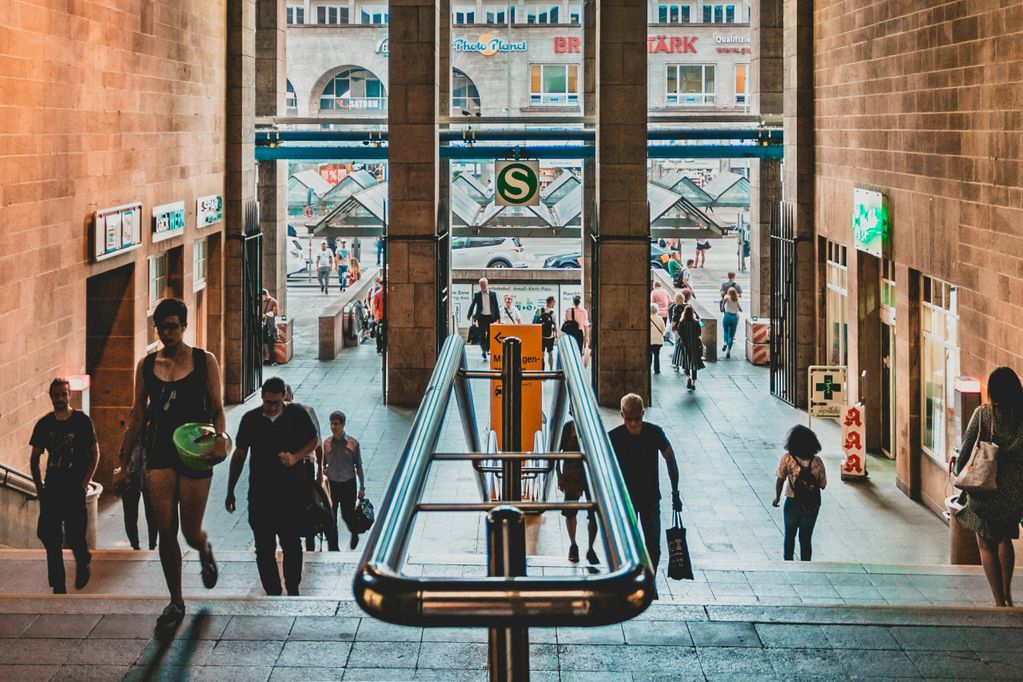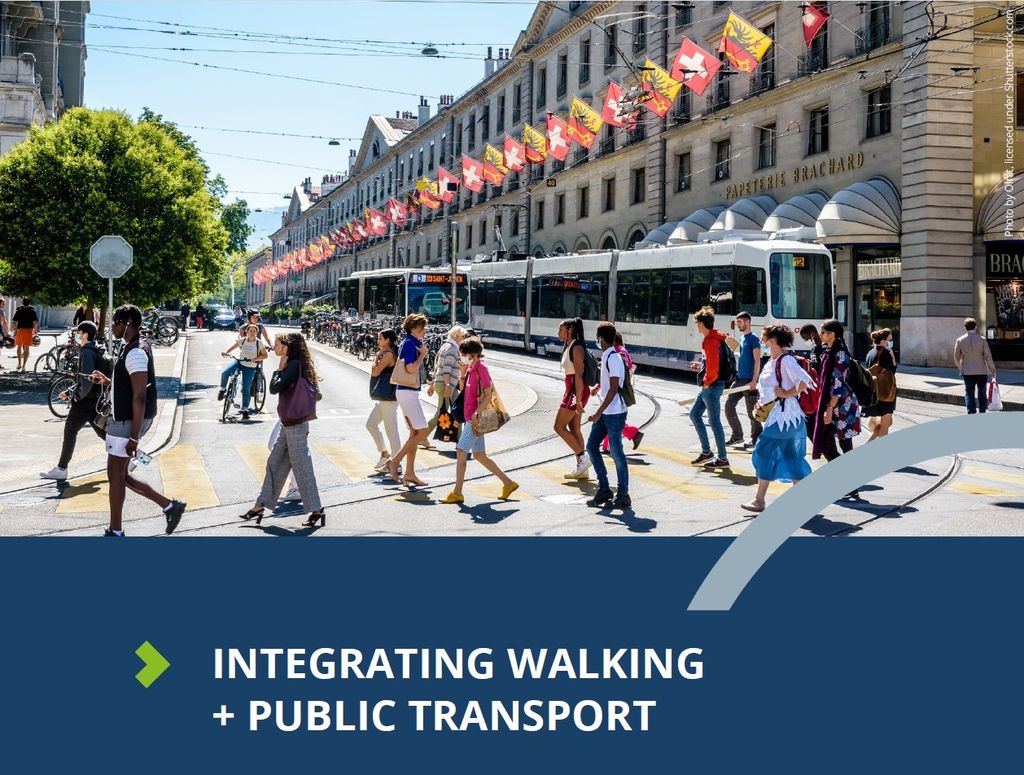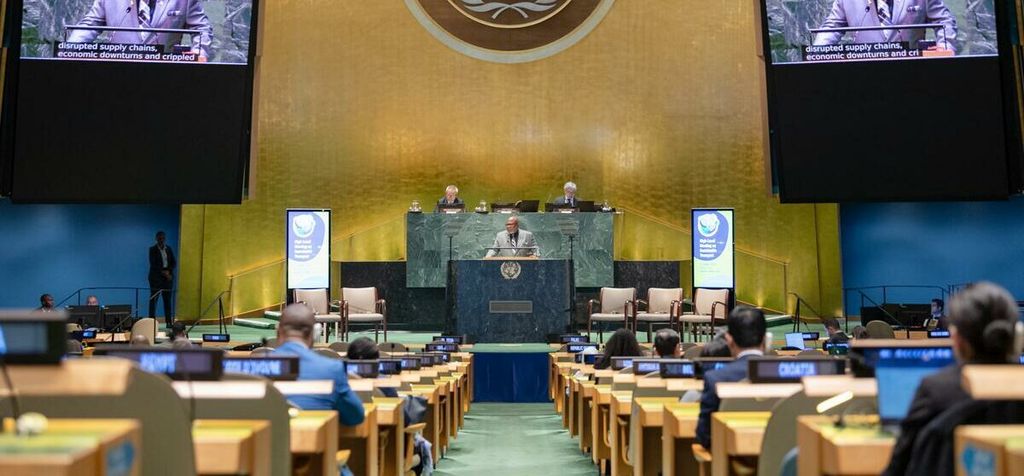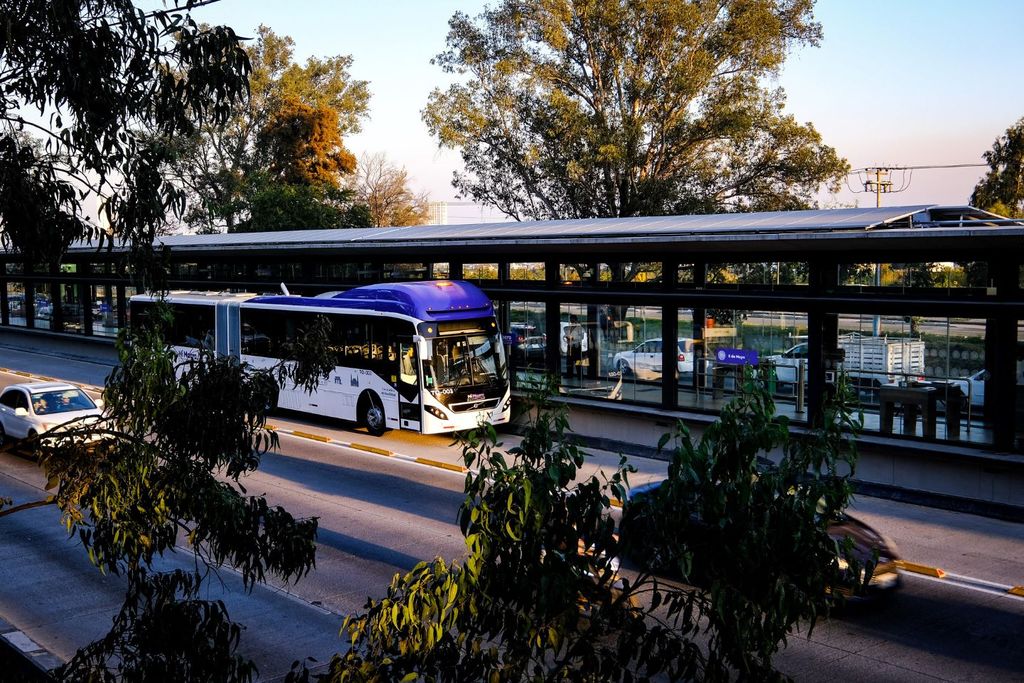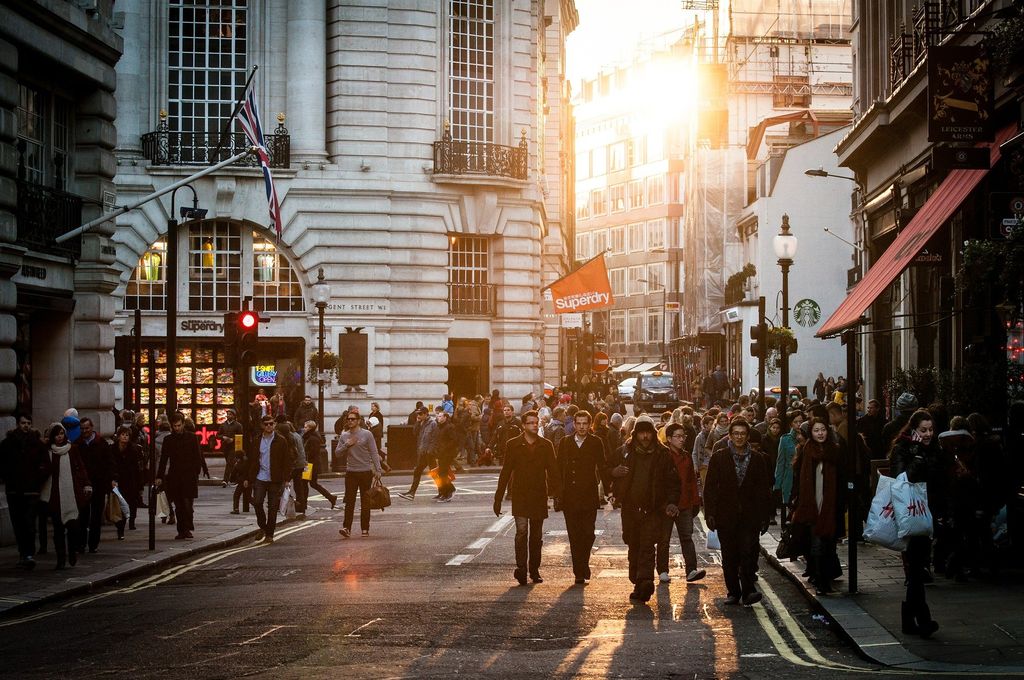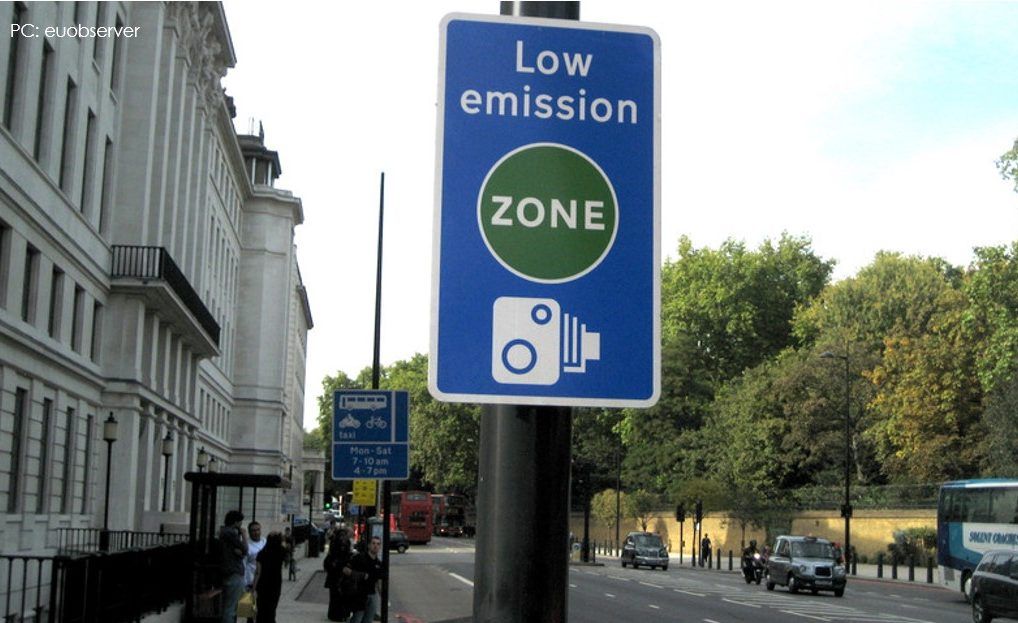
Knowledge Brief: Low Emission Zones - Key takeaways from the early adopters
For a prolonged period, Indian cities have witnessed a deterioration in air quality due to various factors, including vehicular emissions, heavy industries, construction activities, and climatic conditions. The transport sector, ranking as India’s third-largest greenhouse gas (GHG) emitter, contributes to 14 percent of energy-related CO2 emissions. In an effort to combat air pollution, India has committed to achieving carbon neutrality by 2070 and has outlined a roadmap for reducing carbon emissions in key sectors like energy and transport.
Policy initiatives from India
To facilitate this transition, India has implemented the Faster Adoption and Manufacturing of (Hybrid and) Electric Vehicles (FAME) subsidy scheme. Following the successful completion of its largest global tender for the procurement of 5450 electric buses across five major cities, India has launched the ‘National Electric Bus Program.’ This initiative aims to introduce 50,000 new electric buses in the coming years, signifying a significant push towards e-mobility, particularly in the public transport sector. Taking a proactive approach, India is also exploring the development of Low Emission Zones to further decongest cities and reduce vehicular pollution.”
UITP’s Better Urban Mobility Playbook also emphasises achieving sustainable mobility through three pillars: developing cities around public transport, optimising road and street management, and adopting an innovative, efficient public transport system. The playbook recommends implementing Low Emission Zones (LEZ) as a solution to address congestion and enhance air quality in cities. An LEZ is defined as a designated area where the entity operating and managing the transport network actively restricts or deters access by specific categories of high-polluting vehicles to improve air quality within the geographic area. These rigorously regulated zones are supported by robust policies and effective data management, not only facilitating air quality improvement within the implementation area but also in its broader surrounding region. The concept promotes the use of cleaner modes of mobility and public transportation.
UITP India Project on LEZ
With a strong resolve to promote public transport and mitigate air pollution, UITP India is working on a third party funded two-year project ‘Enabling mechanisms for development of Low Emission Zones in India’. The project aims to develop a holistic policy framework for implementation of Low Emission Zones in India through three major activities listed below:
- Activity 1 – International case study & online peer review: The activity would focus on documenting and understanding the International Case Studies on successful implementation of LEZ and peer reviewing by domain experts.
- Activity 2 – Narrative building and stakeholder consultation: The activity would include projecting the concept of LEZ to the selected 2-3 cities by undertaking stakeholder consultation with transport authorities, city and state transport departments through physical and virtual meetings or webinars. This would also include organising a workshop to build consensus among different stakeholder groups.
- Activity 3 – LEZ selection, in person peer review and supporting pilot projects: The activity would focus on identification of different zones in three different cities by studying existing policy framework at the State and city level, and transport scenario in the identified zone. This would also include supporting the three cities in implementing various components of LEZ concept through pilot project. The findings will be documented in form of a policy brief.
Comprehensive Knowledge Brief
As part of Activity 1, UITP India has compiled a knowledge brief featuring six international case study cities worldwide. The brief offers a concise overview of each of the six cities and highlights the interventions implemented by each city through policies, laws, technological advancements, and institutional measures. Additionally, the knowledge brief presents key takeaways through tabular compilation and a comparison between the six cities. Finally, it proposes a framework for implementing Low Emission Zone (LEZ) provisions in the context of Indian cities. These measures encompass policy interventions, legal provisions, as well as financial and regulatory support.
Launch Webinar
UITP India is also organising a launch webinar for release of the knowledge brief on “Low Emission Zones (LEZ): Lessons learned & path ahead” on 12 March 2024 between 15:00 -16:00 Hrs. Indian Standard Time (UTC+5:30). The webinar aims to share knowledge on sustainable urban development around the concept of LEZ with focus on learnings from cities across the globe that have successfully implemented LEZ, and the potential the concept has in getting implemented in the Indian context.
Register here to join the webinar
Through the detailed analysis of 6 case studies from around the world and providing a guiding framework, the knowledge brief is a comprehensive document that will facilitate discussion around implementation of LEZ in Indian cities.
Read the knowledge brief Low Emission Zone – Key takeways from early adaptors

